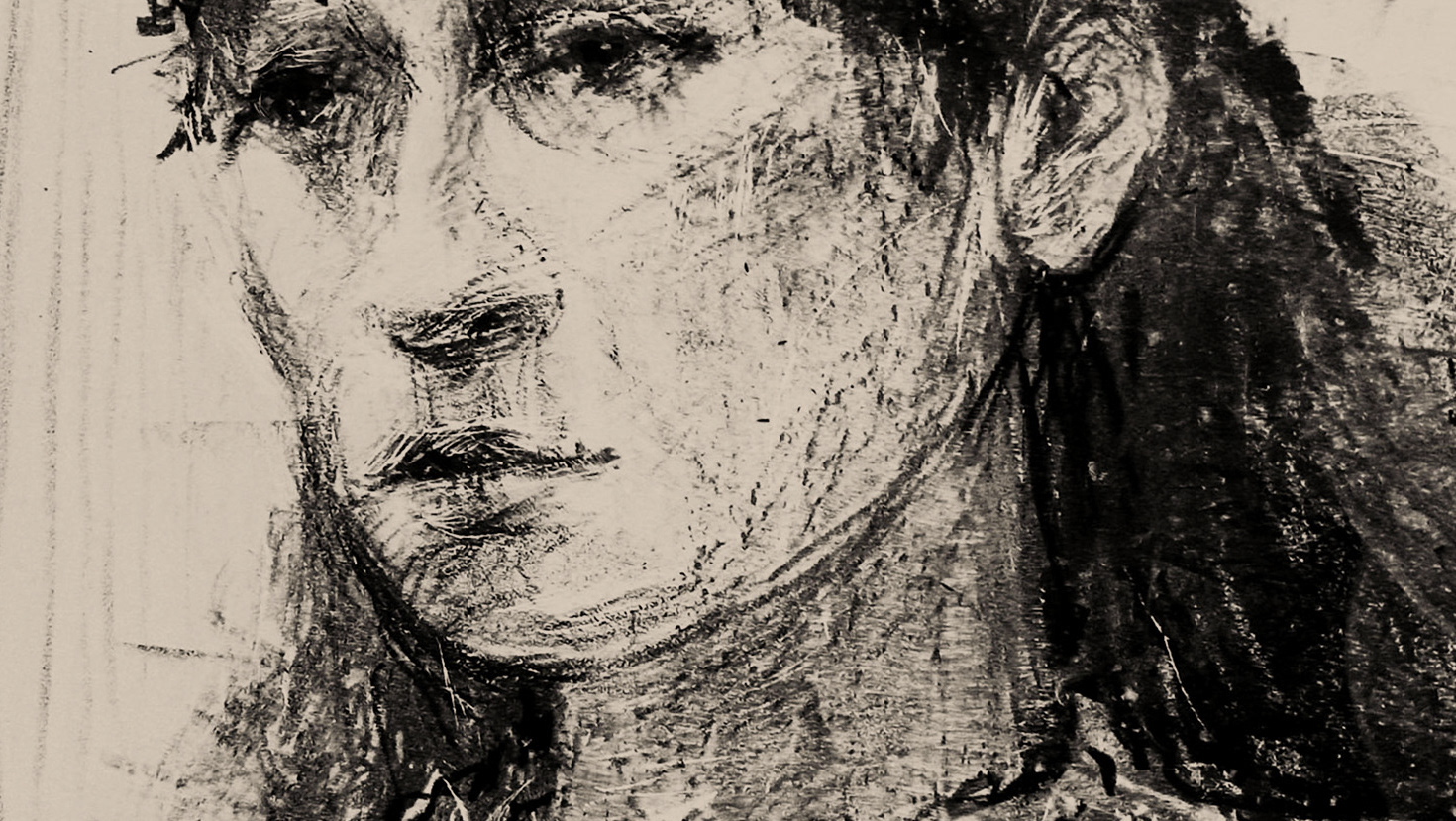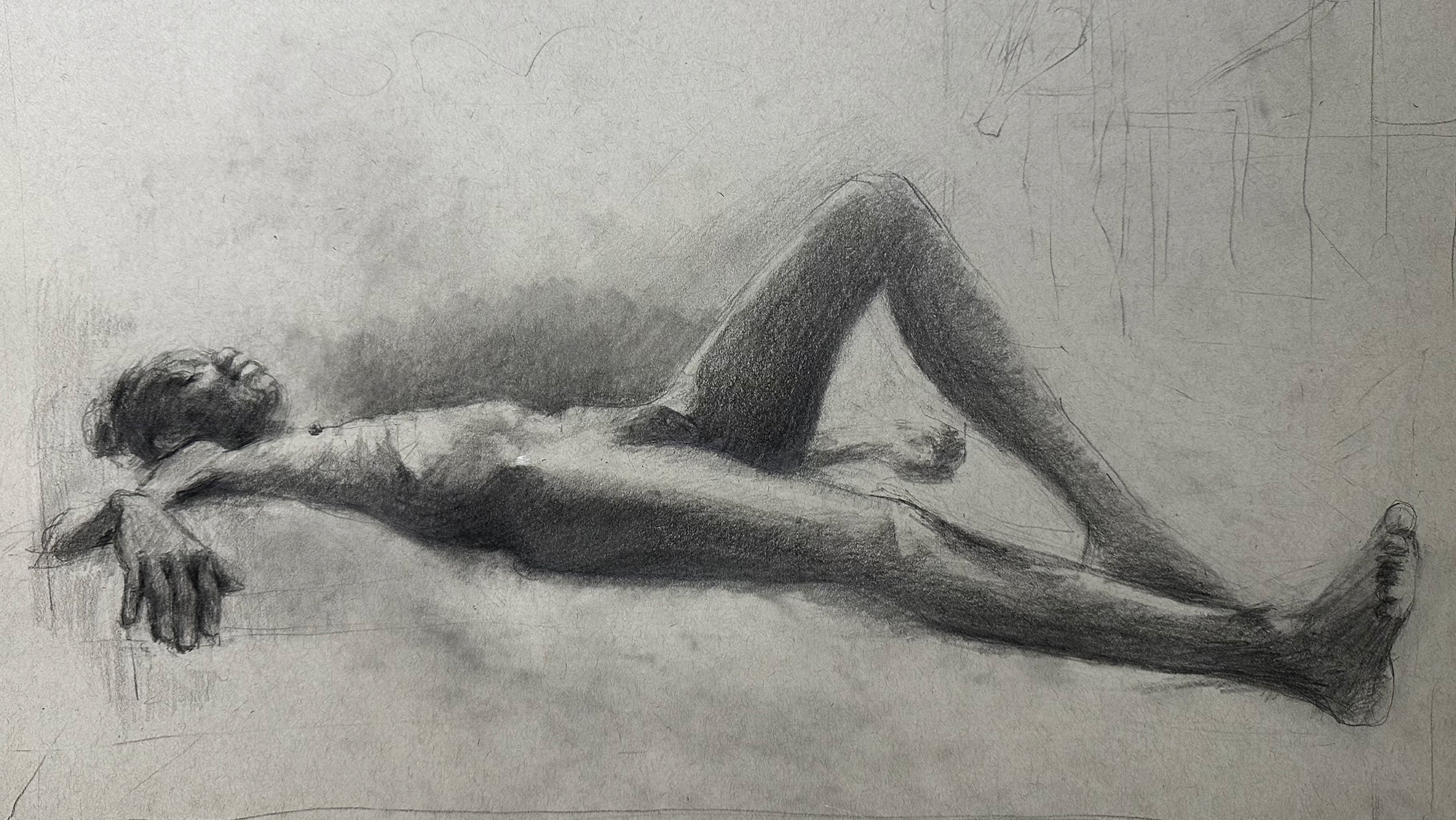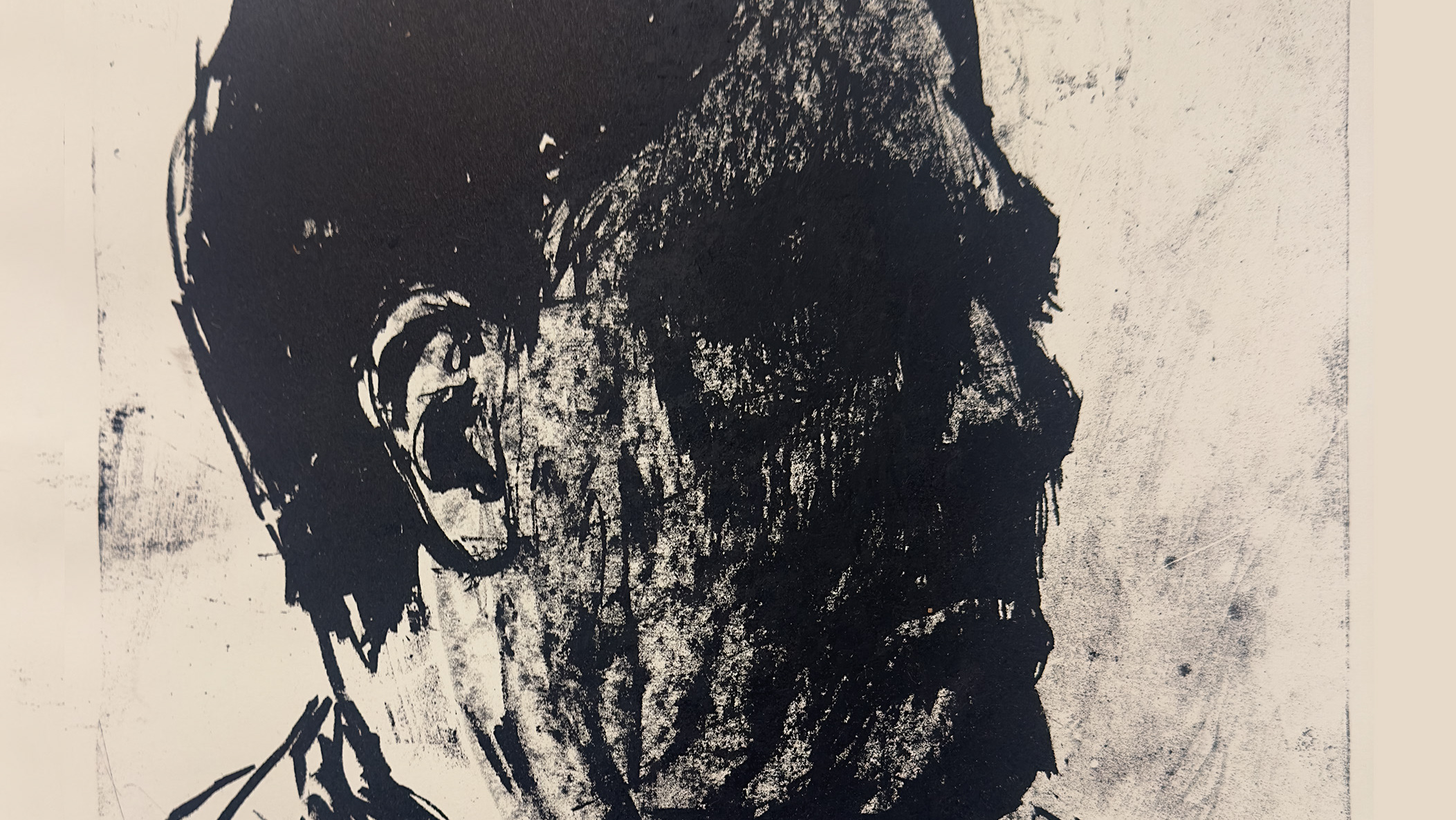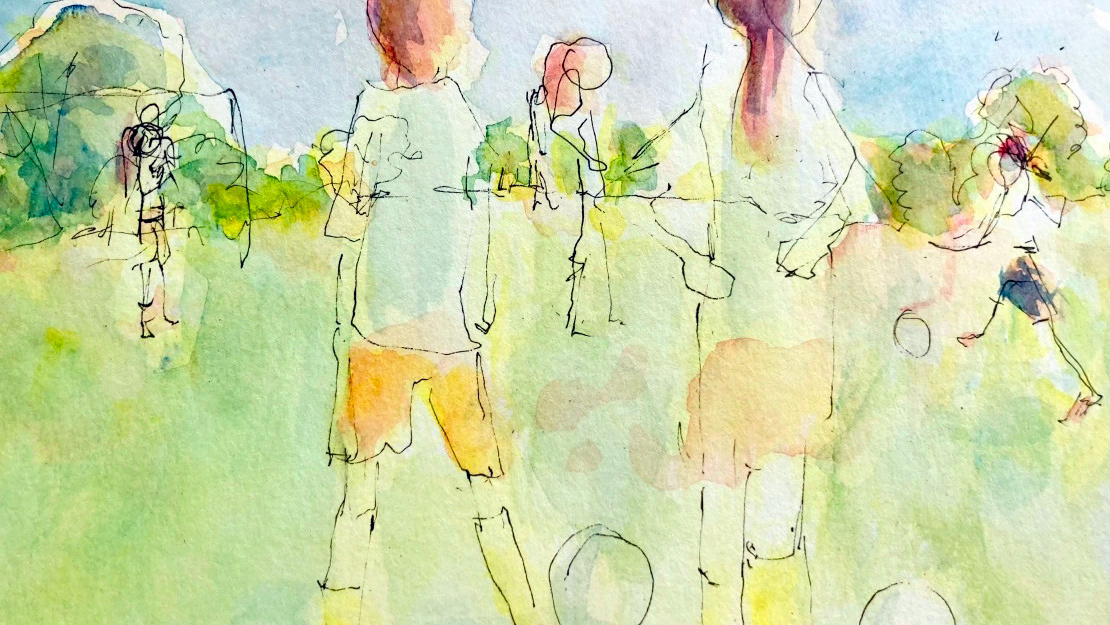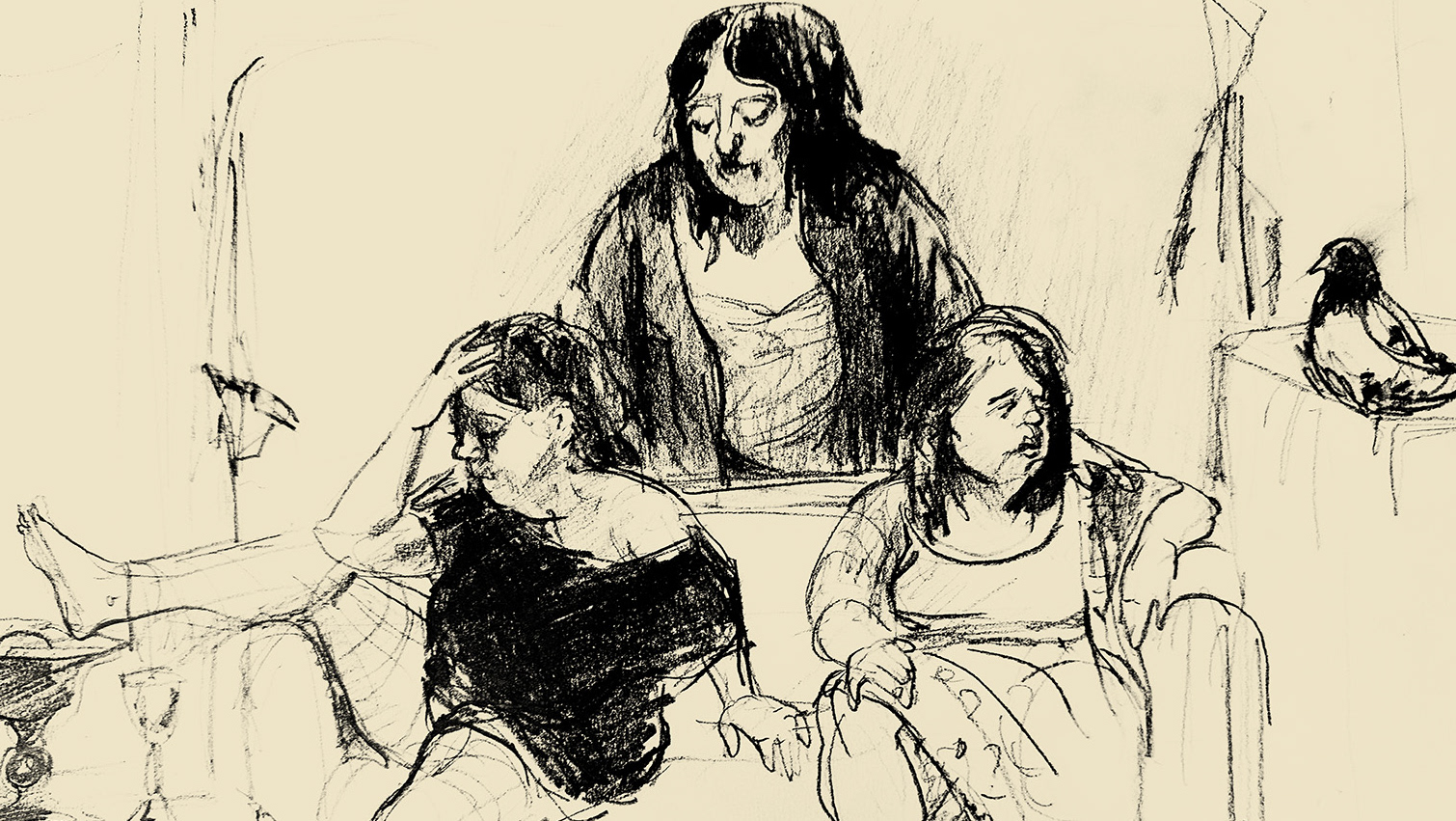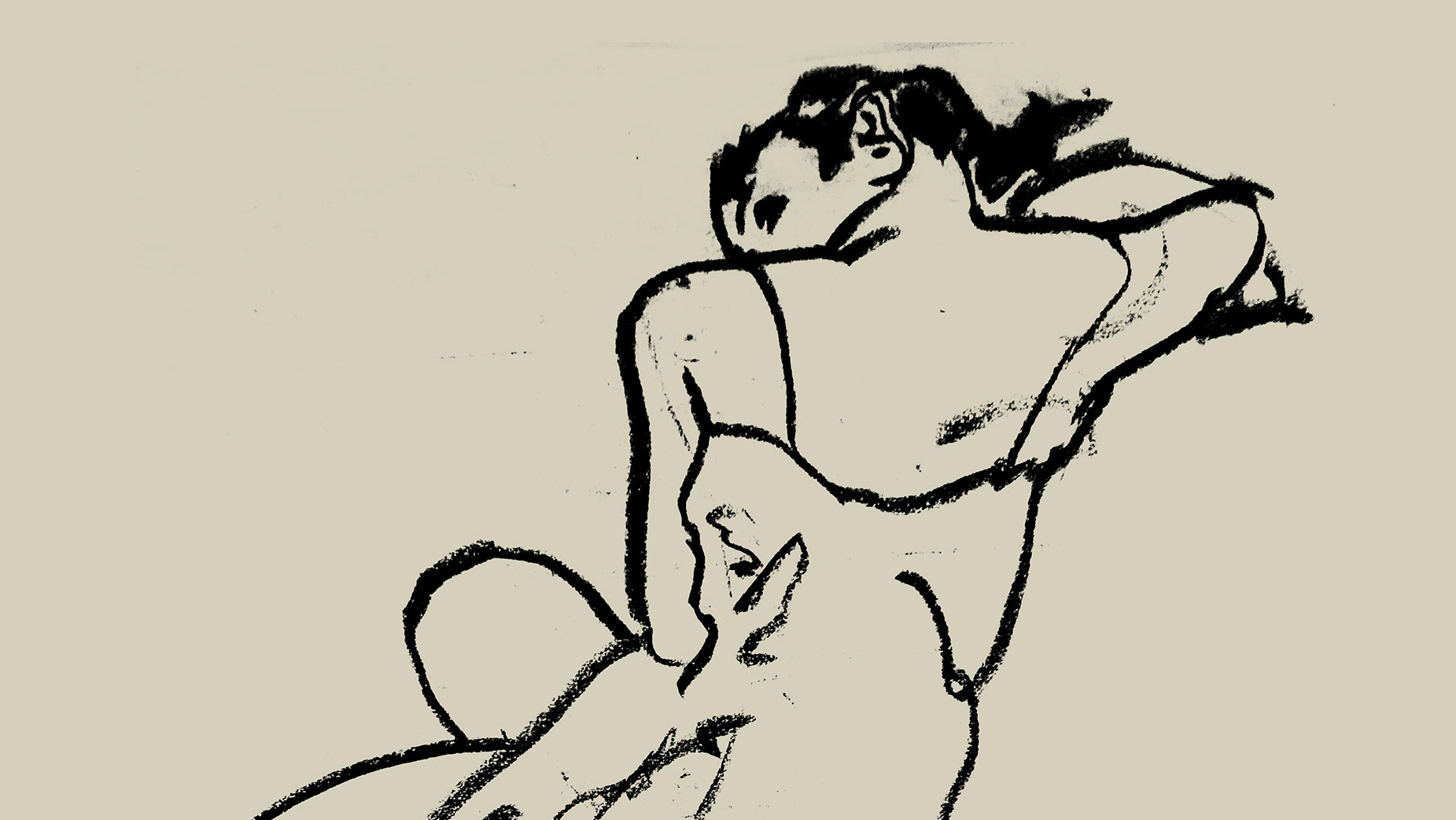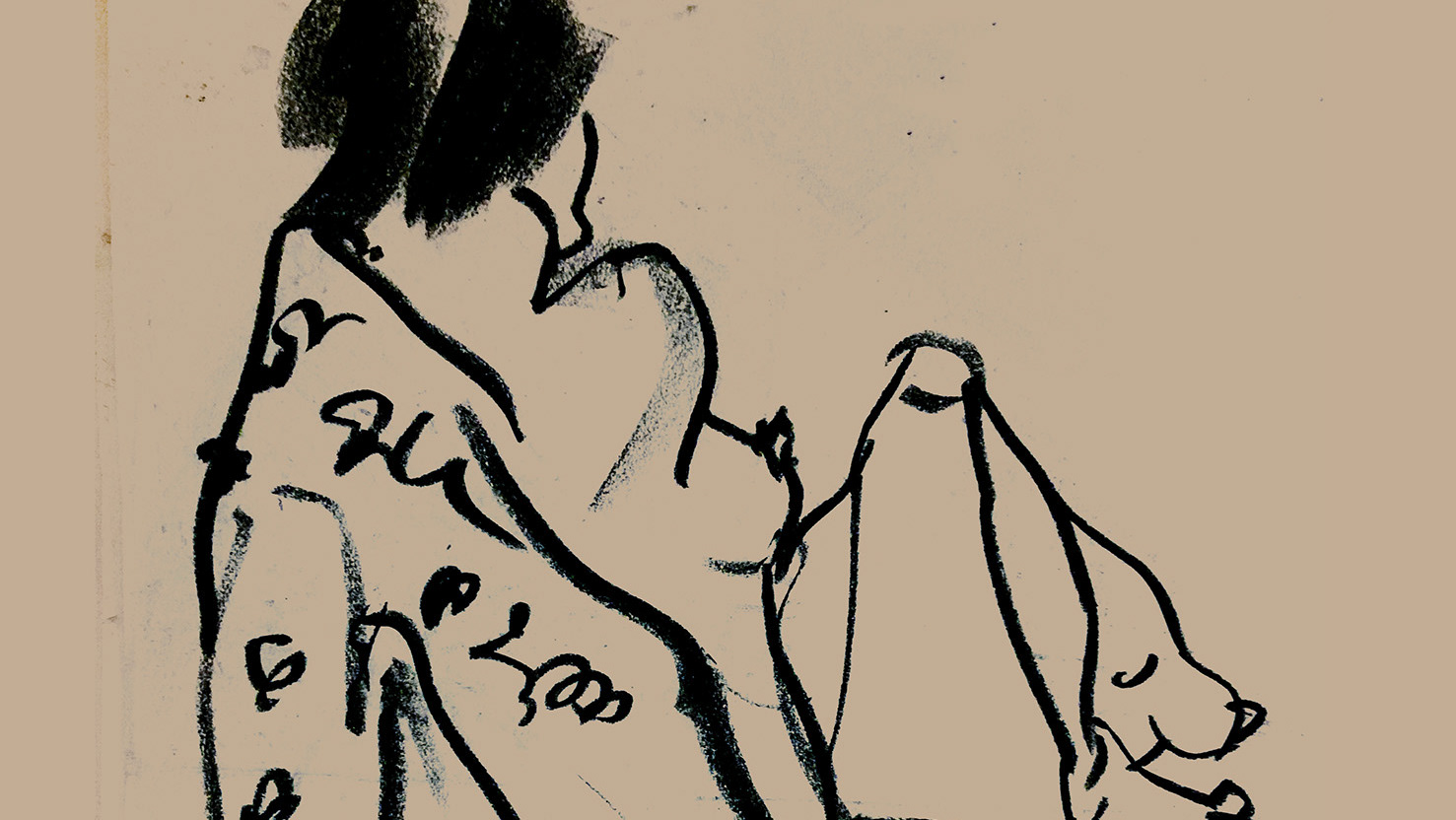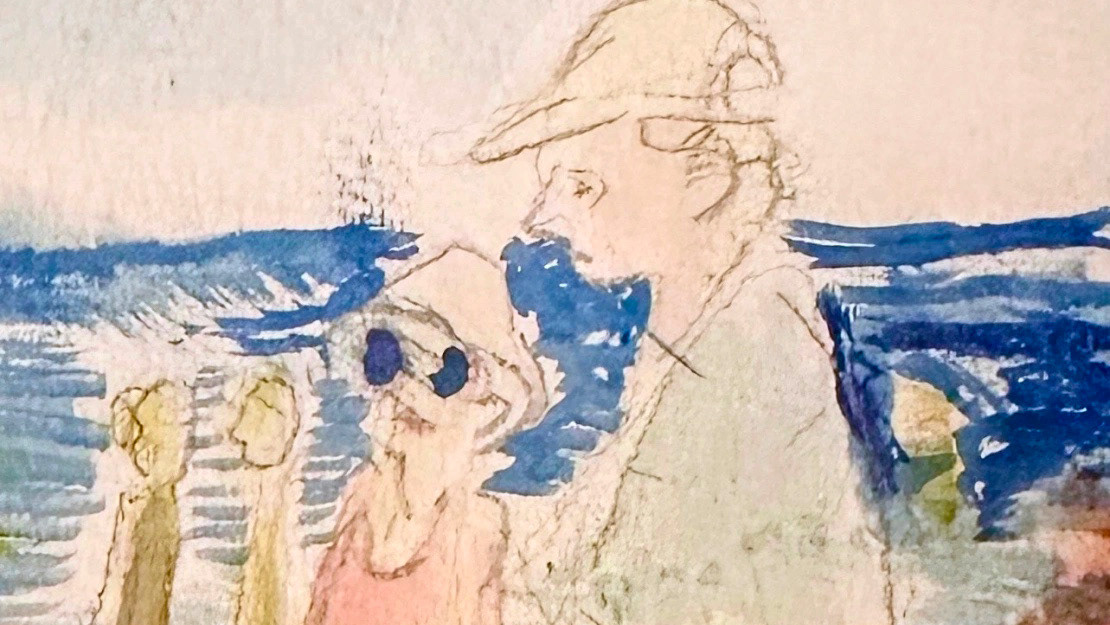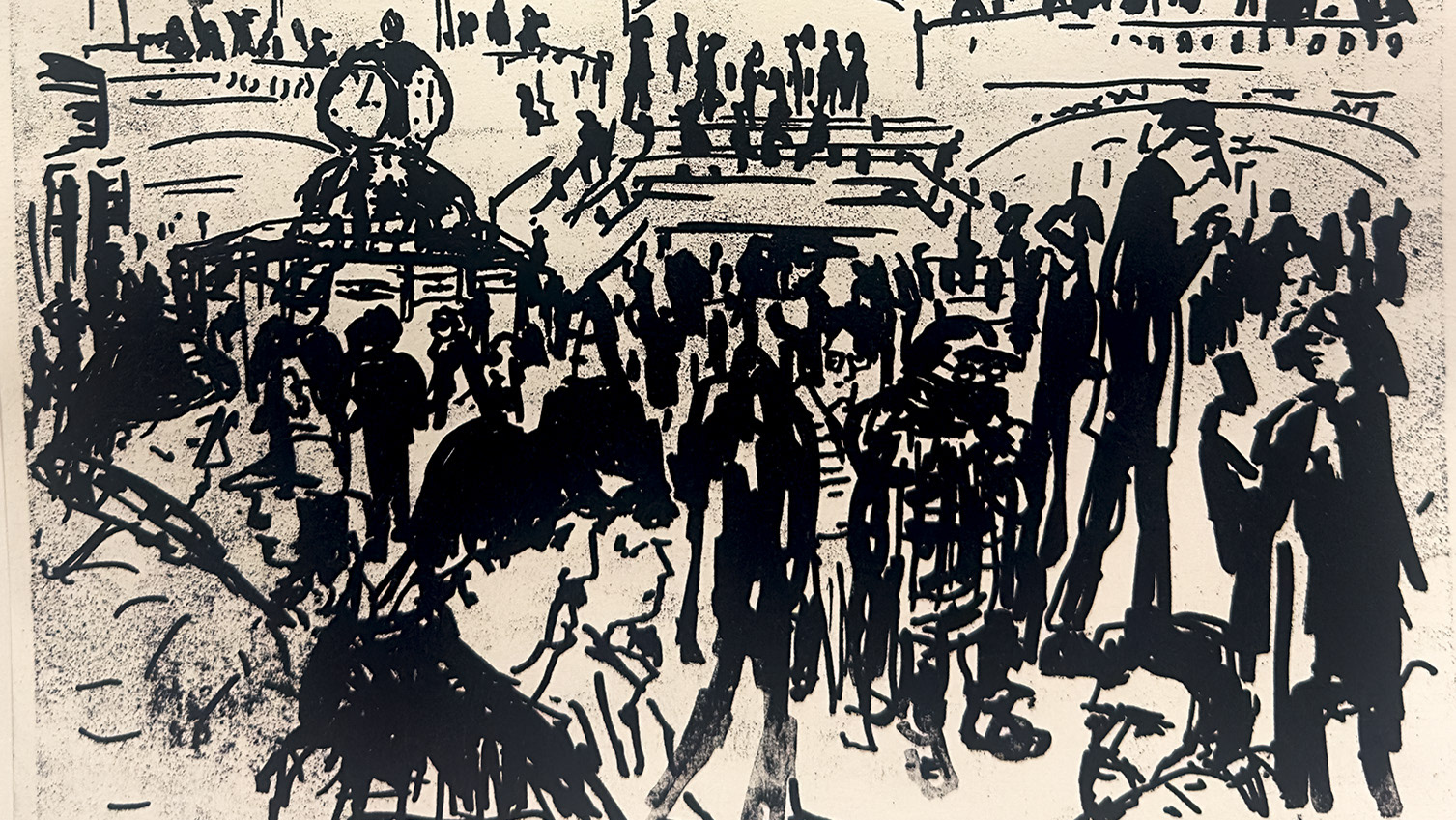Excellence results from education and hard work. This conclusion is at the core of Anders
Ericsson’s research on deliberate practicei, Mihaly Csikszentmihalyi’s concept of the flow stateii, and
Carol Dweck’s growth mindset philosophyiii. Belief in one’s ability to improve, exposure to rigorous
teaching techniques, and the ability to enter a mindful working state are the full DNA of genius;
brilliance is made, not born. These concepts and the research behind them form the core of my
teaching philosophy.
Everyone can create exceptional art by mastering mindful focus, drawing, perspective, design, color
theory, expressiveness, and conceptual thought. Unfortunately, this simple-sounding idea is
complicated in execution. The 1000-hour rule, stating that approximately ten years of practice leads
to excellence, is based on Ericsson’s research, but was simplified and entered pop culture from
Malcolm Gladwell’s Outliers. Unfortunately, this famous rule comes with some pretty serious fine
print. Ericsson wrote his book, Peak: Secrets from the New Science of Expertise, to correct the cultural
confusion (and massive amounts of wasted time) resulting from Gladwell’s simplification. Ten
thousand hours of typical practice will probably just lead to bad habitsiv.
The type of practice needed for life-changing improvement is specific and easy to get wrong.
Becoming a master requires one or two decades of practice in which there is immediate feedback
from mistakes, and the real-time opportunity to correct them. This is because the act of correcting
skills, based on feedback, creates thick myelin sheaths around the synapses that communicate
information about the skill being practiced (much like weight repetition builds muscles). The thicker
the myelin sheaths, the quicker information can be transmitted. When watching Simone Biles do a
double back salto with a triple twist, one sees the amazing results of heavily myelinated sheaths!v
Sports coaching, the trade apprentice system, and music lessons have all utilized deliberate practice
techniques for centuries—with exceptional results. The French Academy also used deliberate
practice. Academic art education, however, exposed one of deliberate practice’s flaws; deliberate
practice teaches excellent skills, but teaching creativity is a different beast. vi
While skills are learned, creativity is innate. Picasso was right: “Every child is an artist. The problem
is how to remain an artist once we grow up.” (How genius disappears as we age is impacted more by
what happens in the first 3-5 years of a child’s life – and is a subject for a different essay.)vii
Creativity is better recovered than taught. Recovery comes in part from exposing artists to visual and
philosophical inspiration. More important, however, is teaching the mindfulness and deep focus
skills that allow artists to enter a flow state, enabling them to translate inspiration into creative
output. While in the flow state, described in Mihaly Csikszentmihalyi’s book, Flow: The Psychology of
Optimal Experience, practitioners in any field can access their innate creativity while gaining
remarkable focus, leading to amazing results in their work. While creativity must be recovered rather
than taught, entering the flow state is a learned skill that can be practiced deliberately like any other.
creativity cannot be taught, but the ability to access it can. viii
The specific drawing style I teach begins with teaching students to draw quickly and expressively from
sight (in the teaching style of my most influential professor, David Passalacqua), not only because
this style of teaching leads to expressiveness, mindfulness, and the flow state, but also because it
allows for the maximum amount of deliberate practice in any given time frame.
Once students know how to see like an artist and record what they see, I refine those abilities by
teaching anatomy, perspective, value structure, and design, using deliberate practice techniques.
Unfortunately, when students adopt a fixed mindset, the belief that intelligence or talent is innate,
they are unlikely to feel motivated enough to engage in deliberate practice or sustain focus long
enough to learn to enter the flow state. Students who have a fixed mindset, even if they believe that
they are innately “smart” or “talented,” quickly become risk-averse; they become afraid to make
mistakes, proving to themselves or others that they weren’t one of the chosen ones after all.
Individuals who have a growth mindset believe that effort leads to excellence, and they are right.
People with a growth mindset are likely to act on their belief system and put in the hours of hard work,
they are not afraid to fail and learn from failures, a key to deliberate practice and robust myelin
sheaths. Growth and fixed mindsets are both self-fulfilling prophecies.ix
My role as a teacher is to allow students to engage in rigorous, deliberate practice in the skills that
lead to expressive and accurate drawing, while teaching them to enter and sustain deep flow states so
they can access and express their creativity. An important aspect of this role is informing students
that they have endless, scientifically proven abilities to develop any skill, a mindset that provides
them with the motivation to work hard, take risks, and become exceptional draftspersons and
artists.
i iEricsson, K. A., Krampe, R. T., & Tesch-Römer, C. (1993). The role of deliberate practice in the acquisition of expert
performance. Psychological Review, 100(3), 363–406. https://doi.org/10.1037/0033-295x.100.3.363
ii Csikszentmihalyi, M. (2004). Mihaly Csikszentmihalyi on flow [Dataset]. In PsycEXTRA Dataset.
https://doi.org/10.1037/e597022010-001
iii Dweck, C. S. (2006). Mindset: the new psychology of success. Choice Reviews Online, 44(04), 44–2397.
https://doi.org/10.5860/choice.44-2397
iv ivEricsson, K. A., Krampe, R. T., & Tesch-Römer, C. (1993). The role of deliberate practice in the acquisition of
expert performance. Psychological Review, 100(3), 363–406. https://doi.org/10.1037/0033-295x.100.3.363
v vEricsson, K. A., Krampe, R. T., & Tesch-Römer, C. (1993). The role of deliberate practice in the acquisition of expert
performance. Psychological Review, 100(3), 363–406. https://doi.org/10.1037/0033-295x.100.3.363
vi Csikszentmihalyi, M. (2004). Mihaly Csikszentmihalyi on flow [Dataset]. In PsycEXTRA Dataset.
https://doi.org/10.1037/e597022010-001
vii Robinson, K., & Aronica, L. (2013). Finding your element: how to discover your talents and passions and transform
your life. https://ci.nii.ac.jp/ncid/BB15674949
viii Csikszentmihalyi, M. (2004). Mihaly Csikszentmihalyi on flow [Dataset]. In PsycEXTRA Dataset.
https://doi.org/10.1037/e597022010-001
ix Dweck, C. S. (2006). Mindset: the new psychology of success. Choice Reviews Online, 44(04), 44–2397.
https://doi.org/10.5860/choice.44-2397
